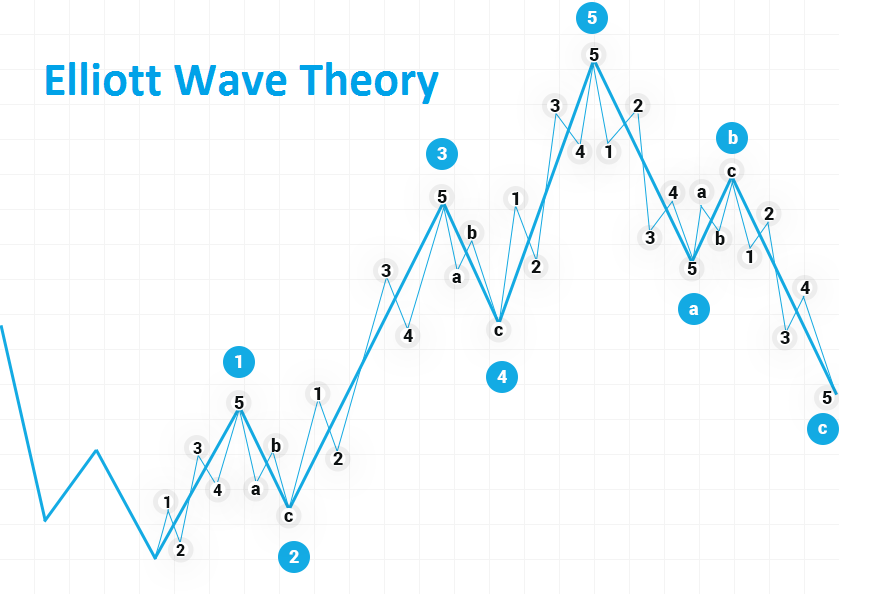COMMODITIES TRADING
What is Commodities Trading?
A commodity refers to any material that has its own intrinsic value and can be exchanged for money or other goods and services. Investment and trade-related commodities include fuels, agricultural products, and metals, etc., which are traded in bulk on a spot market or on a commodity exchange. There are two kinds of raw materials on the market, namely hard raw materials and soft raw materials. Hard raw materials are often used as inputs for the manufacture of other goods and the provision of services, while soft raw materials are used mainly for initial consumption. Inputs such as metals and minerals are classified as hard raw materials, while agricultural products such as rice and wheat are softer raw materials. Since different manufacturers produce the goods available on the bags, the quality is different, but according to some criteria it has to be essentially the same for different manufacturers. Commodities are traded on the spot market or on the stock exchange. Commodities must meet the minimum standards set by stock exchanges to be traded. These standards are often changed every year.
Soft Raw Materials.
Soft raw materials play an important role in the futures market, they are used both by farmers who want to follow the future prices of their crops and by speculative investors who want to make a profit. Due to uncertainties in weather, pathogens, and other risks associated with agriculture, commodity futures tend to be more volatile than other futures. For example, weather and the seed/harvest ratio can cause large fluctuations in the prices of grains and oilseeds, which have different effects on contract values depending on the delivery date.
Hard Raw Materials.
Hard raw materials are made up of natural resources like metallic minerals, oil reserves, etc. They form the basis of a country's economic health, and global demand for these resources can be monitored to assess the future stability of an economy. In fact, supply and demand for products are largely predictable due to their fixed nature. Venezuela, for example, a country that relies on heavy oil exports, was hit hard by the fall in oil prices in September 2015. The world market is largely dominated by oil, natural gas, and oil. gold. As a result, the South American country experienced an economic and political crisis marked by hyperinflation and a failed coup. Gold is extremely valuable, especially in a recession, as investors use it as an inflation hedge or asset protection investment. The other products are silver, steel, copper, iron, and aluminum, which also make up a large part of government revenue.
Commodity Trade in India.
In India, one can trade commodities by going to one of the more than 20 exchanges that facilitate such exchanges under the supervision of the Securities and Exchange Board of India. Until 2015, the market was regulated by the Futures Commission, which was eventually merged with SEBI to create a unified regulatory environment for business investments. To start trading commodities, you will need a Demat account with National Securities Depository Limited. The Demat account acts as the custodian of all your trades and actions, but you should always look for a good broker to place orders on the exchanges.
The main exchanges currently operating in India are:
National Exchange of Commodities and Derivatives - NCDEX
Ace derivatives exchange - ACE
India Commodity Exchange - ICEX
National Multiple Product Exchange - NMCE
The Universal Commodity Exchange - UCX
Multi Commodity exchange - MCX
Currently, many investors do not trade commodities, but that will change soon as awareness in the market increases Read More...



Comments
Post a Comment